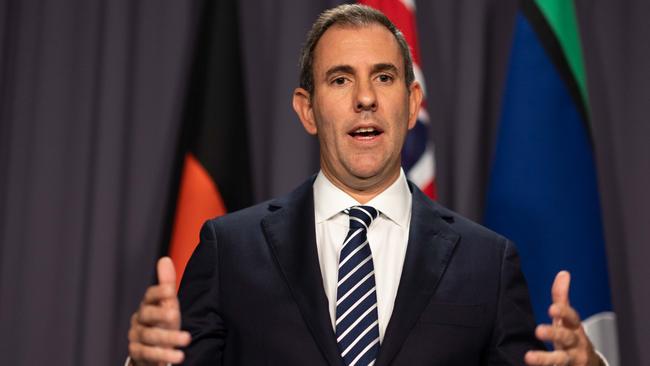
Sky News business editor Ross Greenwood said to me on air this week that some of what’s talked about amounts to a “death tax by stealth”. What else could the government mean when it keeps saying super isn’t for estate planning?
Naturally, none of this was flagged during last year’s election campaign, when Labor was doing everything possible to reassure voters it would change nothing much except the prime minister.
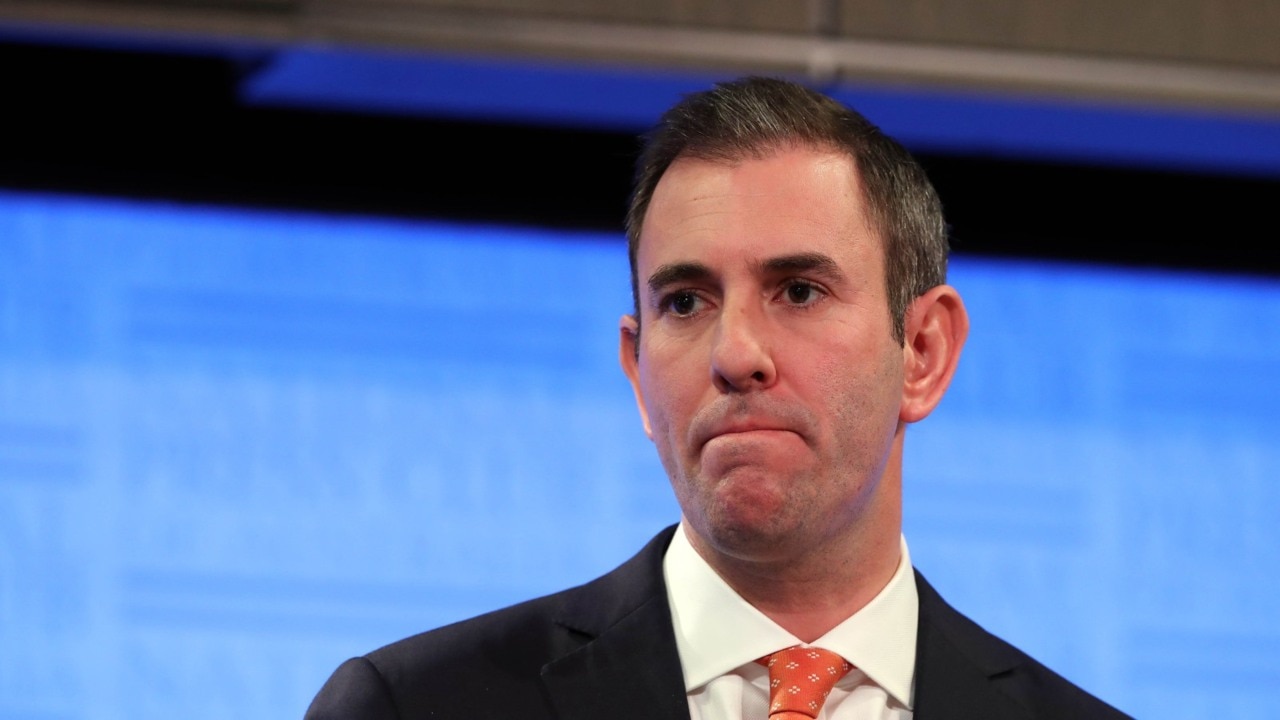
Pity all those voters who took Chalmers on trust when he said before the election: “Australians shouldn’t expect major changes to superannuation.” His excuse, when pushed on this impending broken promise by Neil Mitchell on 3AW on Wednesday morning, was that he didn’t regard tax hikes on super “as a major change”.
At the heart of the federal Treasurer’s thinking is the conviction that superannuation is not your money and mine, temporarily managed by others for our benefit, but a national asset to be deployed by government in the service of what it considers to be the national interest.
Hence, while deploring the Morrison government’s pandemic-driven decision to give people emergency access to up to $20,000 of their super savings, and its election policy to give first-home buyers access to up to $50,000 as a deposit, Labor thinks the super funds’ billions should be invested in the government’s priorities such as affordable housing, renewable energy and the digital economy. So someone else’s home, but not yours.

Despite super funds’ continuing obligation to act in the best interests of their members, rather than the government, there’s little doubt that the biggest of the funds – CBUS, whose independent chair is former Labor treasurer Wayne Swan; AustralianSuper, whose independent chair is former Keating staffer Don Russell; and HESTA, whose independent chair is former Labor minister Nicola Roxon – could find ways to accommodate Chalmers’ wish. With their boards dominated by community activists and former union officials, the industry funds have long been busily investing in renewables and pushing the public companies they part-own to divest from coal and gas, and to promote diversity and inclusion as part of making a profit.
When Paul Keating created compulsory superannuation back in 1992, his pitch to the public was boosting incomes in retirement, but his real agenda was ongoing political power for the broader Labor movement by entrenching unions in the heart of capitalism.
With actual union membership already in free fall, from more than 50 per cent of the workforce in the 1970s to single figures today, Labor cunningly saw the industry super funds as a way to preserve union finances via directors’ fees and services payments, and to enhance union influence via the boardrooms of the public companies the funds would invest in.
The fact public companies these days are far likelier to be campaigning for the voice than for economic reform, and now almost never weight their donations to the conservative side of politics, shows just how transformative this measure has been.
Torn between voters’ sense that superannuation might be an extra benefit from government (even though it’s wages forgone) and some economists’ contention that it adds to national savings, the Coalition has never really known how to respond to this socialisation of capitalism. The Howard government didn’t proceed with a planned 3 per cent employee contribution but allowed employer contributions to rise to 9 per cent.
The Abbott government then delayed a legislated further rise in employer contributions to 12 per cent, but the Morrison government slapped down a backbench push to make this delay permanent. It did try to impose more transparency on the funds but didn’t take up Peter Costello’s suggestion that people be allowed to place their compulsory super contributions with the Future Fund, which would have provided a large sovereign investment alternative to the declining private funds or the union-dominated industry funds.
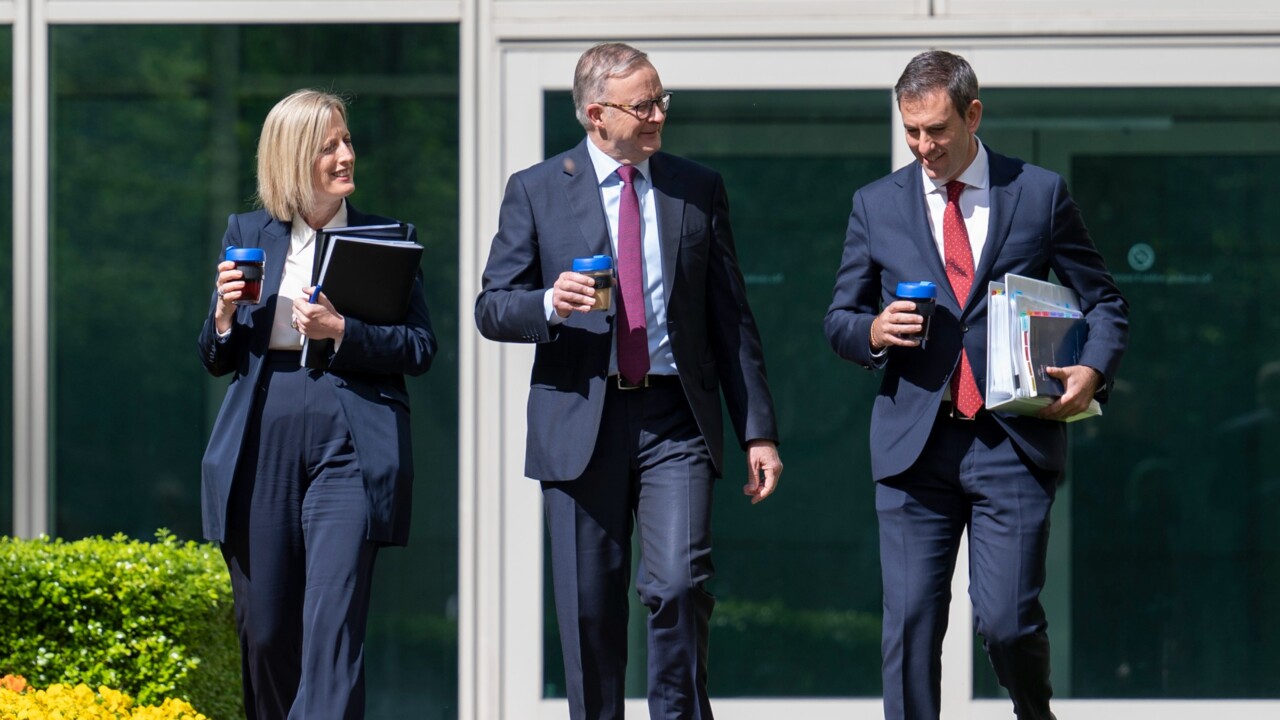
Meanwhile, the super pool has grown to $3.5 trillion, about a third of it in the industry funds.
While the Coalition quite rightly insists that people’s superannuation balances belong to them and not to the funds or to the government, no Coalition MP or even centre-right think tank has dared to suggest that the income forgone into super might instead be available to the people who’ve earned it to be spent as they wish – which might, of course, include continuing to invest in super – even though, if it really is OUR money, rather than the government’s, why shouldn’t it be our choice what we do with it?
The declaration by Chalmers this week that he would enshrine in L-A-W that the purpose of compulsory super was “to preserve savings and deliver income for a dignified retirement” made two things clear. The first was that there would be no repeat of Scott Morrison’s attempt to give people early access to their super savings when they needed them most. And, second, that these savings would be preserved, hence no access to lump sums that could be diverted away from strictly funding retirement.
As well, Chalmers attacked the current super tax concessions worth, he said, about $50bn. But what Treasury boffins call a tax concession, once removed, is exactly the same as a tax increase for its former beneficiaries.
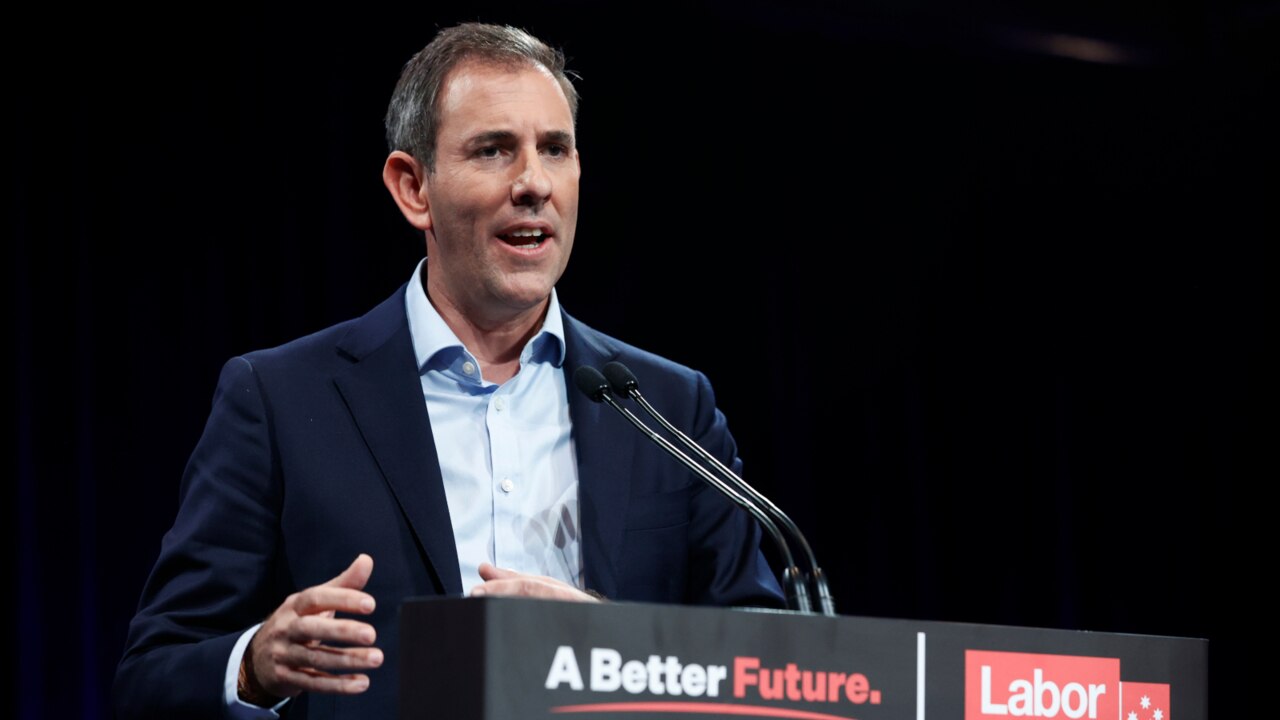
It seems Labor is already briefing that it plans new restrictions on super balances over $5m (even though, at recent rates of return, that would have generated scarcely $100,000 a year income); and further lowering tax-advantaged contribution levels.
For people no longer able to work, by far the best assurance of a decent life is owning their home. Homeowners can live frugally on the Age Pension. But by confining superannuation to the provision of an annuity, Chalmers would make it harder for retirees to pay off their own home and make it harder for them to get the pension. No doubt this is how Labor expects to reduce the percentage of pensioner-retirees from the current 80 per cent to well under the previously expected 70 per cent by mid-century.
Labor won’t let you and me use our super to pay off our own homes but it will encourage the funds to invest our money in affordable housing that we might be able to rent, but only if we’re poor enough.
This is the miserable bargain that should always have been expected from a Labor government, but that Anthony Albanese’s genial manner and earnest reassurance obscured pre-election.
This super shake-up joins all the others that Labor is embarked on: reviews of the Reserve Bank, the Productivity Commission, employment services, schools, family law, religious freedom in religious schools and more; plus new arts funding measures and the abolition of the Administrative Appeals Tribunal. The defence review excepted, which might eventually deliver our armed forces more firepower, they’re all cover for bigger government and a much more politically correct (but freedom-constrained) society.
As always, whenever this government talks policy, think politics. So much for the “safe change” that Labor promised.



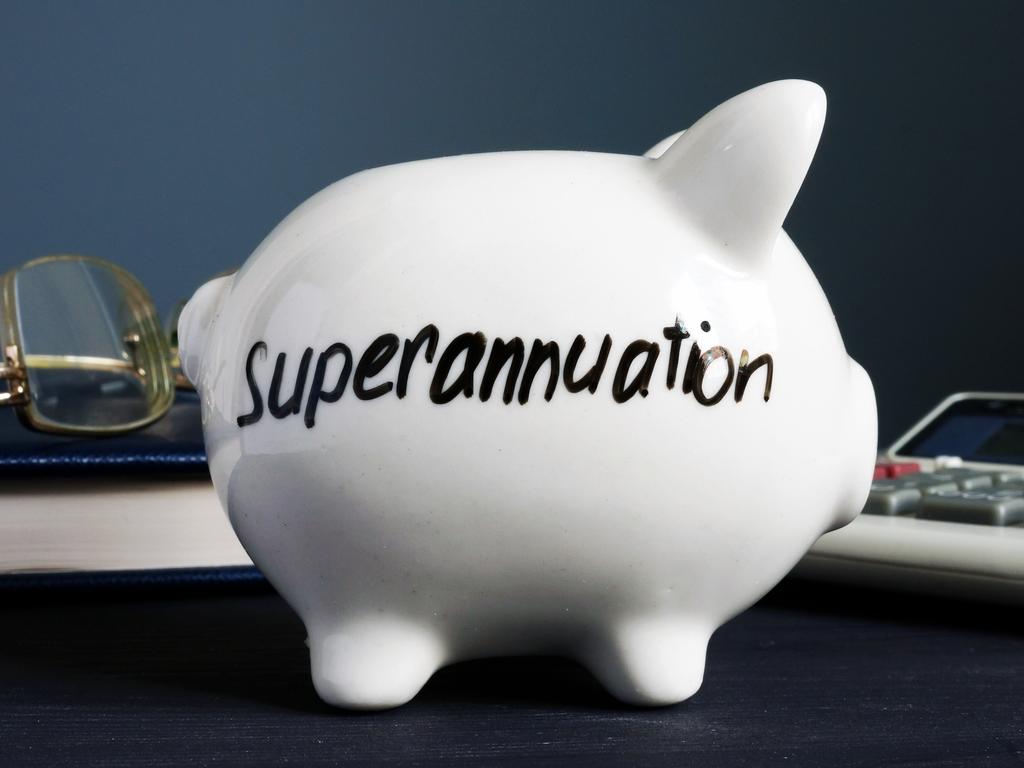



Make no mistake, big changes are coming for superannuation. Jim Chalmers’ plan to legislate that super is for retirement only means no lump-sum withdrawals, no early access even for health emergencies, and most likely heavier taxes for anyone with more super savings than Labor considers fair.